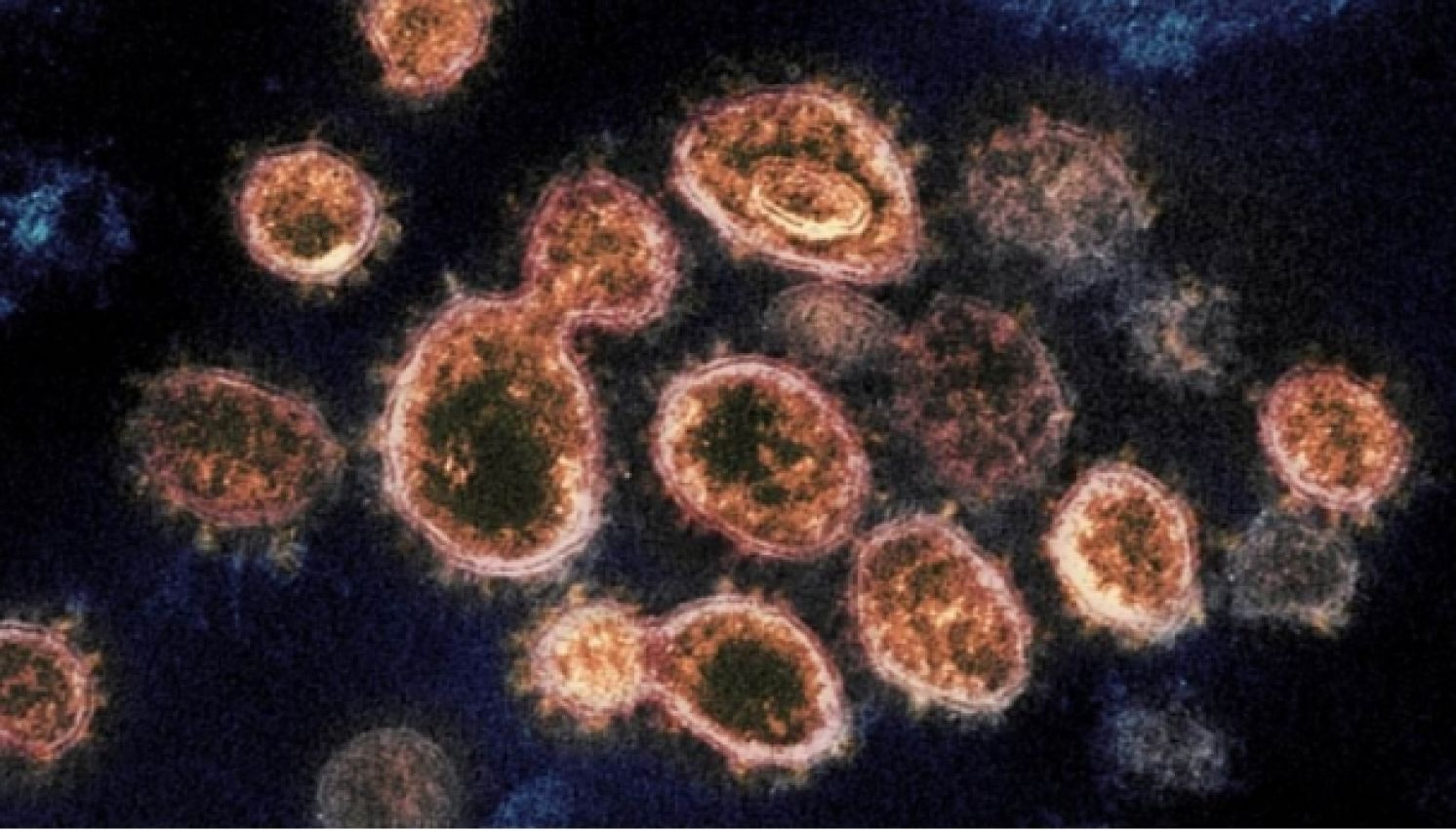
This Week in Taiwan 0621-0627
June 21: The visas of seven staff members of the Taipei Economic and Cultural Office in Hong Kong expired. The Hong Kong government had issued a letter a few days earlier requiring that the staff members endorse a "One China" policy by signature; otherwise, they would have to leave Hong Kong. All the Taiwanese representative officials in Hong Kong refused to sign, and seven returned earlier to Taiwan on June 20, while one staff member whose visa expires the end of July remains in Hong Kong. The Mainland Affairs Council (MAC) blasted the Hong Kong government for unreasonable political oppression. The MAC also called upon Taiwanese people to consider national dignity and social perception and refrain from attending the 100th anniversary activities celebrating the centennial anniversary of the Chinese Communist Party.
June 23: The Central Epidemic Command Center (CECC) announced that the current level 3 epidemic alert will be extended until July 12. Elementary and junior high schools across Taiwan will commence classes two days later, on September 1, so that schools may prepare for epidemic prevention and disinfection.
June 24: Medigen Vaccine Biologics, a Taiwanese pharmaceutical company, applied for emergency use authorization (EUA) by the Ministry of Health and Welfare (MOHW); the application will be reviewed by a panel of experts in July. But media uncovered that in the key meeting on May 28 that decided the EUA requirements for domestically manufactured vaccines, some eight of 16 experts were replaced with MOHW officials supporting the immune-bridging standard as opposed to three-phase trials. Critics suspect that the personnel change is meant to facilitate the Medigen vaccine to obtain its EUA.
June 25: In order to avoid the waste of vaccine residues, the CECC announced that it would permit the residues from the last vaccine bottle for people over 18 years of age to register for inoculation. But as soon as the news came out, phone lines of all medical institutions in Taiwan experienced heavy call volume. Due to unclear requirements, disorder related to vaccination appeared across Taiwan.
In order to prevent the Delta variant which originated in India from spreading in Taiwan, the CECC announced that border controls will be further tightened starting June 27. All inbound passengers must stay in epidemic prevention lodgings or centralized quarantine centers for 14 days. Travelers from seven high-risk countries including India will be required to stay quarantine centers at government expense.
June 25: The government of Lithuania announced on June 22 that it would donate to Taiwan 20,000 doses of AstraZeneca vaccines in return for Taiwan's donation of 100,000 face masks last year. The vaccines are scheduled to be delivered by the end of September.
The government of Japan, which has already donated 1.24 million doses of AstraZeneca vaccines to Taiwan, announced that it would donate another 1 million doses in July. President Tsai Ing-wen expressed gratitude to Lithuania and Japan, stressing that commitment to democratic values has enabled Taiwan to make many true friends internationally.
June 25: The American Chamber of Commerce released a 2021 Taiwan White Paper on June 23, adding a Taiwan Commercial Initiative (TCI). Executive Director Andrew Wylegala expressed hopes that the initiative may be used to facilitate negotiation and signing of a bilateral trade agreement and strengthen economic and trade relations between Taiwan and the United States. The American Institute in Taiwan (AIT) announced that the 11th U.S.-Taiwan Trade and Investment Framework Agreement (TIFA) talks, which have been suspended after 2016, will reconvene on Wednesday, June 30, by video conference. Topics to be discussed include international supply chains and digital commerce. Director Brent Christensen of the AIT and Ambassador Hsiao Bi-khim, representative to the United States, will deliver opening remarks, while the Office of the U.S. Trade Representative and the Office of Trade Negotiations, Executive Yuan, will serve as chief advisors.
June 25: Director Brent Christensen of the AIT is soon to leave office. President Tsai Ing-wen awarded Christensen the Order of Brilliant Star with Grand Cordon, thanking his efforts and contribution to U.S.-Taiwan relations. She also invited Christensen and his wife to visit Taiwan in the future and enjoy his favorite mango ice.
Secretary-General David Lee of the Office of the President, Secretary-General Wellington Koo of the National Security Council, Minister of Foreign Affairs Joseph Wu, and Taiwan Semiconductor Manufacturing Company (TSMC) founder Morris Chang attended the ceremony.
June 26: Tzu Chi Foundation recently applied for the emergency import of AstraZeneca vaccines. Minister of Health and Welfare Chen Shih-chung had stated earlier that too many organizations procuring vaccines at once would cause hassle. Tzu Chi issued a press release, indicating that the application can only be successful if President Tsai extend her authorization following the example of TSMC and Yongling Foundation. President Tsai then met with Dharma Master Cheng Yen by video conference, promising that the CECC would assist with the required operations as planned.
June 26: Traveling to Guam for vaccination costs a Taiwanese traveler about NT$50,000 (about US$1,792), an attractive proposition due to the current shortage of vaccines in Taiwan. Recently, Lion Travel had received some 2,000 orders and applied to airlines to add flights. However, with the CECC's announcement that border controls will be further tightened, and travelers returning to Taiwan would have to stay in a quarantine hotel no matter the country visited, the travel agency saw a turnaround. Many people canceled their orders, and the "dream" of getting vaccinated in Guam over four days shattered.